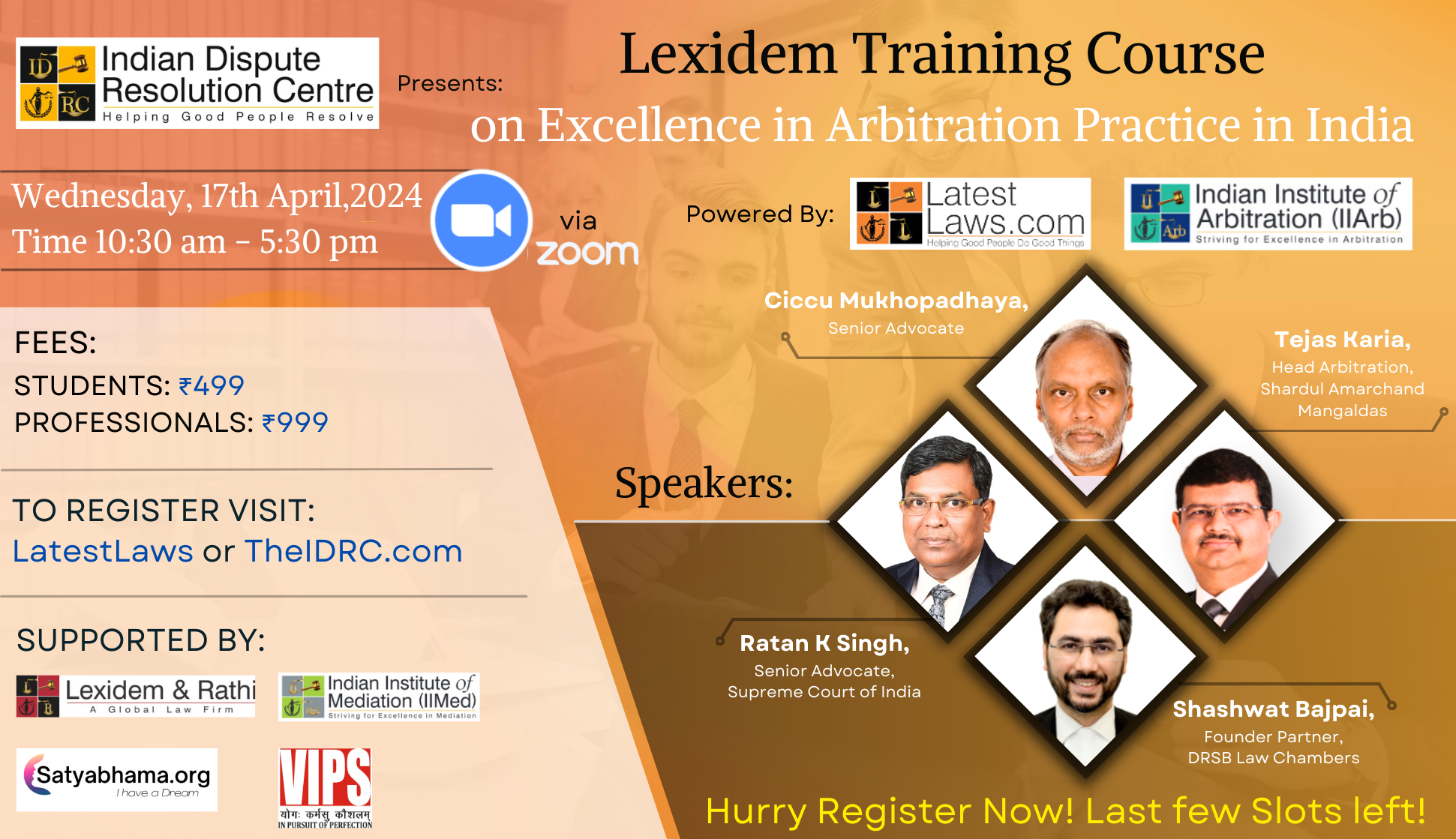The Author, Ajin Raj, is a 3rd-year, BA.LLB student at University of Kerala. He is currently interning with LatestLaws.com.
INTRODUCTION
Law is an instrument of the society which includes rules of conduct, action or behaviour of person, made and enforced by the State and the main object of law is to bring peace and stability in the society. Most of the laws are for the living persons or individuals but as we look upon closely we can find that there are also laws for the dead. Decent burial of dead bodies and crimes against the corpse are the two main areas where these laws are made upon. There is a covenant in the Geneva Convention 1949, which states that, “As far as the military consideration allow, such party to the conflict shall facilitate the steps taken to protect the killed” [1]. In India the Constitution deals with the right to have a decent burial. Also, the Indian Penal Code deals with some of the offences related to burial of corpse.
RIGHTS OF A DEAD PERSON & LEGAL REMEDIES
From the earlier times itself the concept is that dead bodies have the right to rest and should not get disturbed in any manner. Most of the civilizations, religions and culture all have accepted this concept and they follow it. In this Modern world as there is a proper system of law and management is in place, we can look upon the rights of a dead person which are recognized under law in India.
UNDER THE CONSTITUTION
Constitution is the basic legal document of a country and it explains the basic or fundamental rights and duties of citizens. The protection of life and personal liberty which is guaranteed under Article 21 of the Constitution has been interpreted by the Supreme Court in many instances [2]. There are lot of rights which are included in Article 21 such as the right to privacy, right against solitary confinement, right to legal aid, right to speedy trial etc. The Judiciary in many cases have observed and interpreted that right to have a decent burial is also included in Article 21 of the Constitution.
Right to human dignity is not restricted to living human being but is available even after death also. This view was recognized by the Apex Court for the first time in a public interest litigation filed by an Advocate [3]. Later in many cases the court held that Right to human dignity is also a right under Article 21 of the Constitution. In Ashray Adhikar Abhiyan v. Union of India, the court held that it is the obligation of the State to have a decent burial to the deceased person as per their religious belief [4].
UNDER THE INDIAN PENAL CODE
Trespassing a burial place, place of worship and place of sepulchre is a cognizable offence under Section 297 of the Indian Penal Code, it clearly prohibits irreverence to dead bodies [5]. Trespassing means any violent or injurious act and entering into a place where, the funeral rites are performed or as a depository for the remains of the dead or offers any indignity to any human corpse or causes disturbance to any other persons, who are assembled for the performance of funeral ceremonies and with an intention to wound the feelings of any person.
Thus, the right to decent burial comes under the Indian Penal Code. But who is authorized to decent burial is not mentioned anywhere in the law. Generally, this right will go to the living spouse or to the next kin.
Section 297 of the Indian Penal Code does not punish the acts which are mere of earthly vanity or pride of a particular [6]. A person prosecuted under this section can be punished for imprisonment either description for a term which may extend to one year, or with fine, or with both. Recently the Madras High Court in a case of a doctor, who got died due to COVID-19 infection, where a large mob assembled and opposed the burial of the body had observed that “the scope and ambit of Article 21 includes the right to have a decent burial”, the court also invoked and highlighted Section 297 of IPC [7].
Section 404 of the Indian Penal Code deals with dishonest misappropriation of a dead man’s property [8]. The object behind Section 404, IPC is to afford protection of property which by reason of its being peculiarly needs protection where the person who could look after it is dead and the person, who is expected and entitled to look after it after the death of the aforesaid person has not appeared on the scene [9]. A person prosecuted under Section 404 of IPC, can be punished with imprisonment either description for a term which may extend to 3 years and also shall liable to fine and if the offender is a clerk or a servant of the deceased person, the imprisonment may extend upto 7 years.
Section 499 of the Indian Penal Code which deals with defamation, also defines that libel or slander against a dead person also contributes the offence of defamation [10]. In Mrs Pat Sharpe v. Dwijendra Nath Bose, the court held that, “even if Netaji is dead, it is defamation because the imputation would have harmed his reputation if alive and the imputation must be said to have been intended to be hurtful to the feelings of his family or other near relatives”. Thus, in any view of the matter the words used do amount to defamation [11].
Section 503 of the Indian Penal Code which deals with criminal intimidation, which also includes threatening a person with injuring the reputation of a dead person dear to him as an offence [12]. The simple intimidation without real intention to cause alarm cannot bring the act under criminal intimidation. The mere exchange of words cannot be constructed as criminal intimidation. Any person who commits offence under Section 503 of IPC shall be punishable with imprisonment of either description for a term which may extend to 2 years or with fine or with both [13].
CONCLUSION
The law has not yet defined who is a dead person but it has recognized some rights to dead person as that of a living person. The rights and legal remedies available for a dead person as above mentioned are under Article 21 of the Constitution and Sections 297, 404, 499 and 503 of IPC. The state is responsible to maintain and remove the body which becomes dangerous for the safety of the other living being for its adequate disposal. Also an unclaimed dead body has to be claimed by the state for the purpose of investigation of the crime if it was committed on the human being, who did not die naturally or for scientific investigation or for research and medical education.
REFERENCES
- Article 16 of Geneva Convention, 1949
- Article 21 of Indian Constitution
- Parmanand Katara v. Union of India & Ors, 1989 AIR 2039, 1989 SCR (3) 997
- Ashray Adhikar Abhiyan v. Union of India, 2002 WCP 143 of 2001
- Section 297 of IPC
- Sanoo Manji v. Emperor, AIR 1941 Sind 33, p 34, 42 CrLJ 454 (India)
- www.thehindu.com/news/national-tamil-nadu/right-to-decent-burial-is-part-of-fundamental-right-to-life-says-hc/article31392061.ece/amp/
- Section 404 of IPC
- Dhulji v. Kancham, AIR 1956 Madhya Bharat 49
- Section 499 of IPC
- Mrs Pat Sharpe v. Dwijendra Nath Bose, 1964 CriLJ 367
- Section 503 of IPC
- Section 506 of IPC
Picture Source :




























